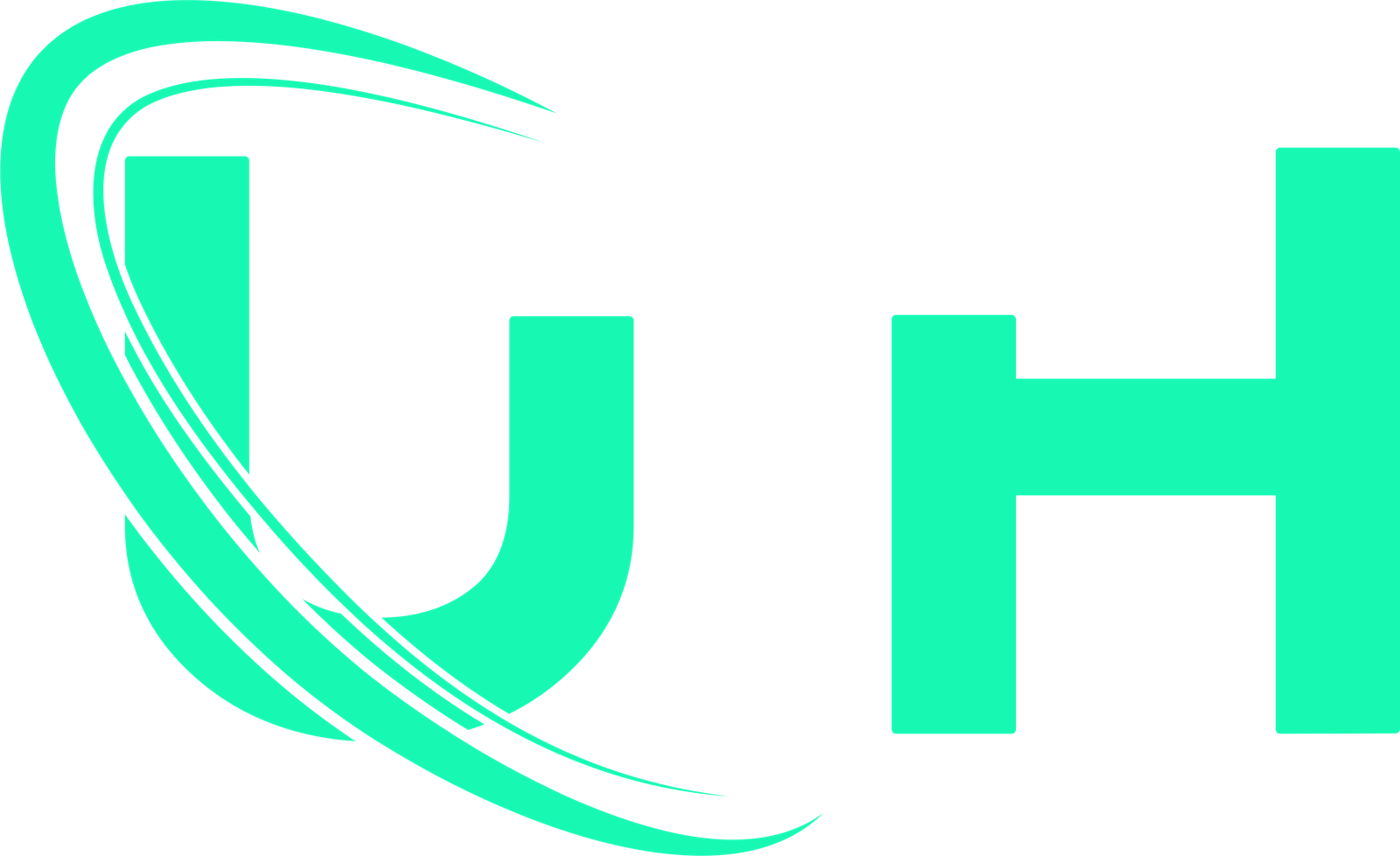Cybersecurity
Top 10 Reasons Why TikTok should be banned in the U.S.

Introduction
TikTok is one of the most popular social media platforms in the world, with over a billion users, including millions in the United States. Despite its popularity, TikTok has faced increasing investigation over its data privacy practices, national security risks, and violation of data protection laws. Therefore, policymakers and security experts argue that the platform poses significant risks, leading to discussions about a potential ban in the U.S. In this blog, we will explore the top 10 reasons why TikTok should be banned in the U.S. and what this could mean for users and businesses.
Top 10 Reasons Why TikTok should be banned in the U.S.
1. Data Security Concerns: Your Data, Their Hands?
Imagine your most personal information – your location, browsing habits, even your face – potentially ending up in the hands of a foreign government. That’s the core of the data security argument. ByteDance, TikTok’s parent company, operates under Chinese law, which compels companies to share data with the government. However, TikTok collects a large amount of sensitive user data, including:
- Location tracking
- Contact lists
- Browsing history
- Device information
- Biometric data (face and voice recognition)
Consequently, critics fear sensitive user data could be accessed and used for surveillance or other purposes.
2. National Security Risks: A Trojan Horse in Your Pocket?
National security experts worry that TikTok could be a tool for espionage, data collection, and foreign influence campaigns, making it a major national security threat, due to the ability to manipulate the algorithms and gather data on sensitive individuals.
3. Cybersecurity Risks: A Hacker’s Playground?
Several security researchers have identified vulnerabilities in TikTok’s software, making it a potential target for hackers. In the past, security flaws in TikTok’s software have exposed users to potential cyber threats, including:
- Risk of Data Theft – U.S. officials fear that TikTok could share American user data with the Chinese government.
- Spyware Allegations – Some studies claim that TikTok’s algorithm and code can monitor user activity, including keystrokes and location tracking.
- Backdoor Access – There are concerns that TikTok may have vulnerabilities that could allow unauthorized entities to access user data without consent.
- Phishing Attack Risks – With millions of young users on TikTok, the platform is an easy target for phishing scams and identity theft.
- Fake Apps & Malware – Cybersecurity experts warn that modified or fake versions of TikTok can be used by hackers to steal user data.
That’s why, the U.S. military, government agencies, and several corporations have already banned TikTok on their devices.
Real-World example:
In 2022, cybersecurity experts discovered an exploit in TikTok’s web application interface that allowed hackers to take over accounts with a single click. These types of vulnerabilities highlight the platform’s weak security infrastructure, which makes it easier for malicious actors to target users.
4. Content Moderation Issues: A Wild West of Information?
TikTok struggles to keep up with the sheer volume of content flooding its platform. TikTok has been criticized for its lack of content moderation, allowing:
- Hate speech
- Extremist content
- Violence and illegal activities
- Sexually explicit material
This creates a breeding ground for dangerous ideas and potentially damaging content, especially for children, who encounter content that they should not see.
5. Child Safety and Exploitation: Protecting Our Youngest Users
Children and teenagers are among TikTok’s biggest user base, but they are also its most vulnerable. Major concerns include:
- Cyberbullying and harassment
- Online predators targeting minors
- Involvement in dangerous viral challenges
- Failure of TikTok’s age verification systems
Parents and lawmakers have raised alarms about these risks, prompting calls for stronger regulation.
6. Violations of U.S. Data Protection Laws: TikTok in Hot Water
TikTok has a history of violating U.S. privacy laws. In 2019, the Federal Trade Commission (FTC) fined TikTok $5.7 million for illegally collecting data from children under 13 without parental consent. This was a clear violation of the Children’s Online Privacy Protection Act (COPPA). Moreover, multiple lawsuits have been filed against TikTok for its failure to protect user data, making it a legal liability in the U.S.
Must Read: Which organisation is responsible for enforcing data protection law in the UK?
7. Mental Health Impacts: The Scroll’s Toll on Well-being
A significant percentage of TikTok users are teenagers and young adults. The reports have shown that continuous scrolling on social media use may lead to:
- Anxiety and depression
- Lower attention span
- Body image issues
- Addiction to short-form content
Furthermore, viral challenges on TikTok have also led to dangerous and life-threatening activities, raising concerns about the platform’s impact on youth mental health and safety. Consequently, many researchers have identified a negative correlation between time spent on the app, and mental health.
8. Economic Competition: Leveling the Playing Field?
TikTok’s rise has significantly impacted U.S.-based social media platforms such as Instagram, Facebook, YouTube, and Snapchat. Critics argue that banning TikTok could level the playing field for American tech companies, leading to more competition and innovation within the U.S. tech industry.
9. Algorithm Manipulation: The Black Box of Content
TikTok’s powerful For You Page (FYP) algorithm controls what content users see. Critics claim that the algorithm could be manipulated to stop certain viewpoints while promoting propaganda or misleading content.
10. Foreign Influence Operations: Shaping Public Opinion from Abroad
During political events or elections, TikTok could potentially be used to spread misinformation, influencing public opinion and destabilizing democratic processes. For this purpose, governments could use the platform to spread propaganda, sow discord, or manipulate public opinion. Therefore, the concern is that the app can be used to alter American policy.
Conclusion
The decision to ban TikTok in the U.S. is a complex one, driven by reasons why TikTok should be banned, including national security, economic interests, and individual freedoms. Data security, national security risks, and the protection of children stand as the most pressing concerns. However, arguments about free speech, and the economic effect of a ban, are also valid. Ultimately, the future of TikTok in the U.S. remains uncertain, and this article provides a summary of the arguments for a ban.
Read More
Data Security Management7D: A Comprehensive Framework for Data Security
-

 Phishing attack8 months ago
Phishing attack8 months agoWhat is Spear Phishing and How You Can Identify This Scam?
-

 Social engineering attack10 months ago
Social engineering attack10 months agoBaiting Attacks Explained: A Closer Look at Cyber Threat Tactics
-

 Social engineering attack8 months ago
Social engineering attack8 months agoWhat are Social Engineering Attacks – A Complete Guide to Cyberattacks Prevention
-

 Social engineering attack9 months ago
Social engineering attack9 months agoSpear Phishing Attack: A Targeted Cyber Threat
-

 Social engineering attack10 months ago
Social engineering attack10 months agoWhat is spear phishing attack? A detailed guide
-

 Phishing attack4 months ago
Phishing attack4 months agoWhy is Phishing Still a Major Cyber Threat? Everything You Need to Know
-

 Social engineering attack10 months ago
Social engineering attack10 months agoWhat is spear phishing in cyber security?
-

 Phishing attack8 months ago
Phishing attack8 months agoWhat Are Phishing Emails? A guide for you




















